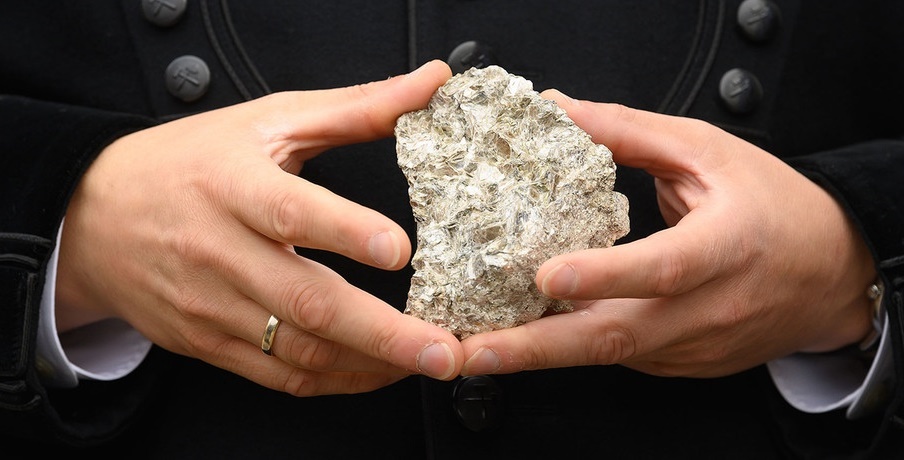Mexico nationalizes lithium production

In the future, mining and dealings with lithium in Mexico will be in the hands of the government. The country has large reserves of the raw material that is particularly needed for the production of electric cars.
The raw material lithium, which is important for electric cars, may in future only be mined and sold by government agencies in Mexico. The Senate of the Latin American country has approved a corresponding reform of the mining law with a large majority.
The initiative of the left-wing head of state Andrés Manuel López Obrador envisages the establishment of an authority to research, promote and market the so-called white gold. “They won’t be able to corner us. We won’t give up the lithium that the corporations want like governments in other countries do. It will belong to Mexico,” the head of state said a few days ago, according to the Latin American news portal amerika21 explained at his morning press conference.
Largest single lithium deposit in the world
At the moment, no lithium is mined in Mexico. But the Mexican lithium deposits are huge. For example, the lithium field in Sonora called “La Ventana” is considered to be the largest single occurrence in the world in terms of its reserves.
Sonora Lithium Ltd (SLL), an operating holding company, owns 100 percent of the “La Ventana” claims. SLL is owned 50 percent each by the Canadian company Bacanora and the Chinese Ganfeng Lithium Co. The Mexican government now wants to review all contracts and terminate them if necessary.
Raw material for electric car batteries
Nationalization of lithium production is a trend in the region. Bolivia, for example, only allows private companies to mine its lithium deposits in cooperation with the state. Under the government of Gabriel Borics, Chile is also aiming to set up a state-owned lithium company.
Lithium is mainly used in the construction of electric vehicles. The ions from the alkali metal salts are essential for transporting the electrical charge in most modern high-performance batteries. According to a market study, the demand for lithium could increase fivefold in the next 35 years.


